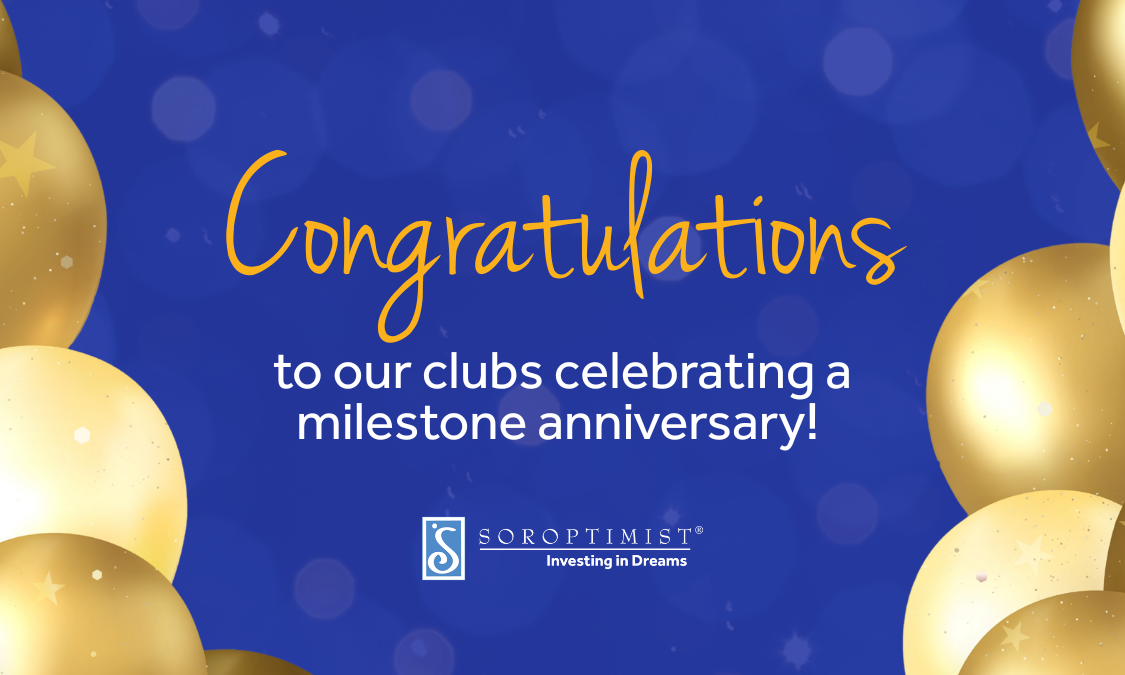Breaking Barriers: Challenges Women Face in Pursuing Education
Obtaining a post-secondary degree or certification is a crucial milestone that opens doors to personal growth, career opportunities and empowerment. However, women continue to encounter numerous barriers that hinder their ability to pursue and complete higher education. We asked members what their barriers to education or their careers were. These responses included finances, sexism, and lack of knowledge about college and the college application process. These key challenges, both systemic and societal, not only affect individual women but also perpetuate gender inequalities in education and beyond.
Navigating the College Process
For many young women, the college application process can be a daunting and overwhelming task. The challenge of not knowing where to begin or what steps to take can leave them feeling lost and unsure of themselves. Without proper guidance, students may struggle to navigate the complex college admissions landscape, which includes researching schools, submitting applications, and completing financial aid forms. The pressure to make the right choices and meet deadlines can also add to the stress and uncertainty. The process can be especially challenging for first-generation college students who may not have access to the same resources and support as their peers.
Socioeconomic Constraints
As mentioned, a significant barrier that many women encounter is financial constraints. Higher education often comes with substantial costs, including tuition fees, textbooks and living expenses. Women, particularly those from marginalized communities, may face limited financial resources due to the gender pay gap, cultural expectations, or family responsibilities. All of these factors impact their ability to afford the expenses that come with tuition.
Gender Stereotypes and Bias
Societal stereotypes and biases often discourage women from pursuing certain fields of study, such as science, technology, engineering, and mathematics (STEM). Prevalent stereotypes suggest that women are not as capable or interested in these areas, leading to discouragement and lack of support. This bias can create a hostile environment that hampers women's ambitions and reduces their chances of completing their degrees.
Work-Life Balance
Balancing education with family responsibilities and personal commitments is a significant challenge faced by many women. The burden of caregiving, household chores, and societal expectations often place additional pressure on women, making it difficult to dedicate sufficient time and energy to their studies.
How the Live Your Dream Awards Can Help
Soroptimist's Live Your Dream Awards program is a unique education award for women who provide the primary financial support for their families. The Live Your Dream Awards give women the resources they need to improve their education, skills and employment prospects. Recipients may use the cash award to offset any costs associated with their efforts to attain higher education, such as books, childcare, tuition and transportation.
SHARE THIS:






